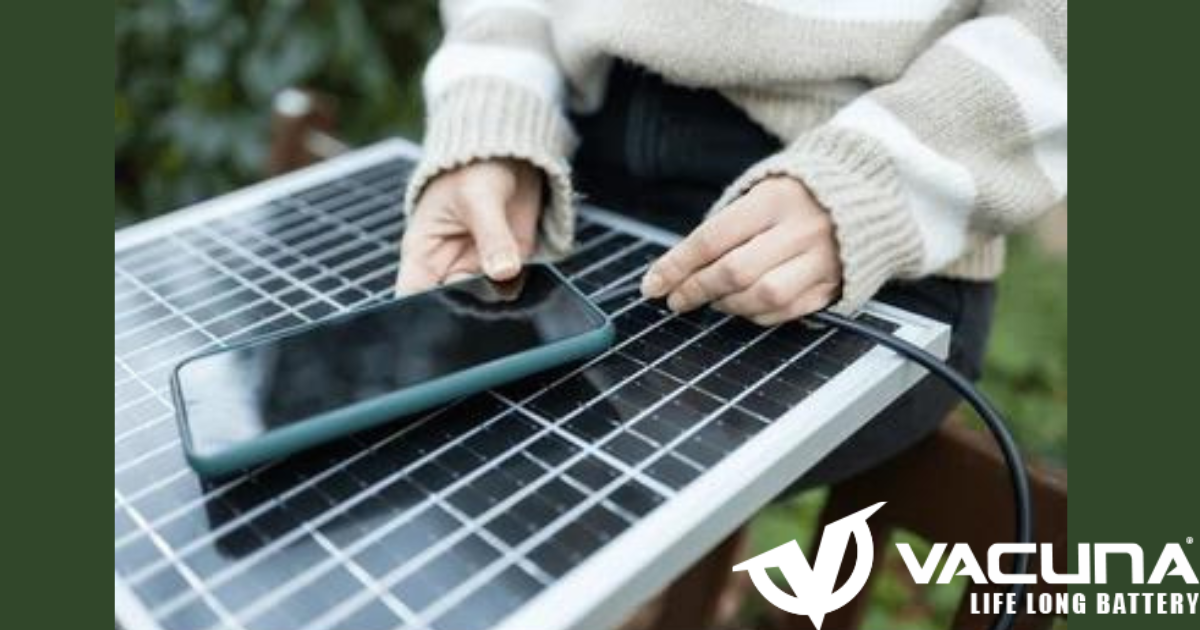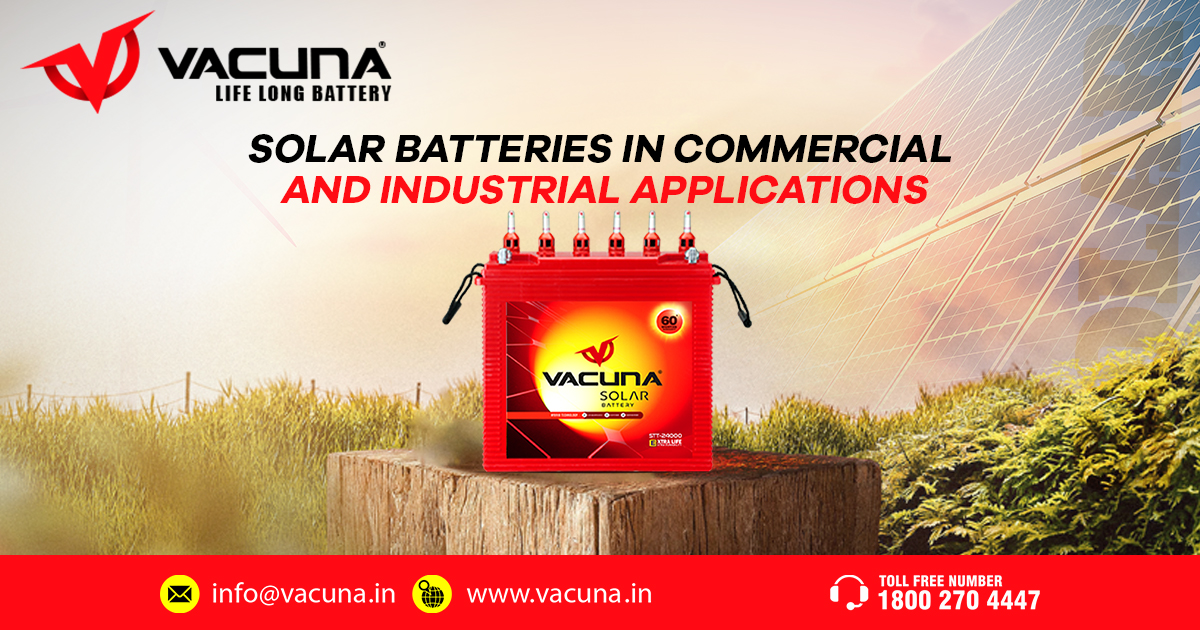Imagine relying on solar energy to power your home or business, only to encounter unexpected issues with your solar battery system. From performance dips to operational glitches, common problems can disrupt your renewable energy experience. Let’s explore practical solutions to fix these common solar battery issues and keep your system running smoothly.
Understanding Solar Battery Basics
Before diving into solutions, it’s essential to grasp the fundamentals of solar battery systems. Imagine your solar panels capturing sunlight and converting it into electricity, which is then stored in batteries for later use. This stored energy powers your home during cloudy days or at night when the sun isn’t shining. Understanding this process helps identify and resolve potential issues effectively.
Addressing Decreased Performance
Imagine noticing a decline in your solar battery’s performance over time. This could be due to various factors such as aging batteries, insufficient maintenance, or environmental conditions. Regularly monitor your system’s performance metrics and conduct routine inspections to identify any underlying issues early. Consider upgrading to newer battery models or optimizing your charging practices to enhance efficiency.
Dealing with Battery Overheating
In sunny climates, solar batteries can occasionally overheat, affecting their performance and longevity. Imagine implementing cooling solutions such as shade covers, ventilated enclosures, or heat dissipation materials around your battery setup. Ensuring proper airflow and temperature regulation helps prevent overheating and preserves battery health during peak sunlight hours.
Managing Charge Cycling Challenges
Solar batteries undergo charge cycles—charging and discharging processes that affect their lifespan. Imagine optimizing your battery management system settings to reduce unnecessary charge cycles. Implement smart charging algorithms or time-of-use strategies to minimize stress on your batteries while maximizing energy storage efficiency.
Handling Connection and Wiring Issues
Faulty connections or wiring can disrupt the flow of electricity from solar panels to batteries and ultimately to your home appliances. Imagine conducting regular visual inspections to check for loose connections, corrosion, or damaged cables. Secure connections, replace worn-out components promptly, and ensure proper insulation to maintain electrical integrity and system reliability.
Addressing Environmental Impact
Extreme weather conditions, such as heavy rains or storms, can impact solar battery performance and durability. Imagine installing weather-resistant enclosures or protective covers to shield your batteries from environmental elements. Regularly clean and maintain your solar panels and batteries to ensure optimal performance despite changing weather patterns.
Embracing Proactive Maintenance
Regular maintenance is key to preventing and addressing common solar battery issues. Imagine scheduling annual or bi-annual inspections by certified technicians to assess system health and functionality. Perform software updates, clean components, and replace aging parts to extend battery lifespan and maintain peak performance.
Conclusion
Maintaining a reliable solar battery system involves proactive monitoring, troubleshooting, and maintenance. By understanding common issues and implementing practical solutions, you can ensure uninterrupted access to clean, renewable energy for your home or business.
Ready to optimize your solar energy experience with reliable solutions? Embark on your solar journey with Vacuna, a trusted solar Battery supplier in India offering reliable solar batteries.


